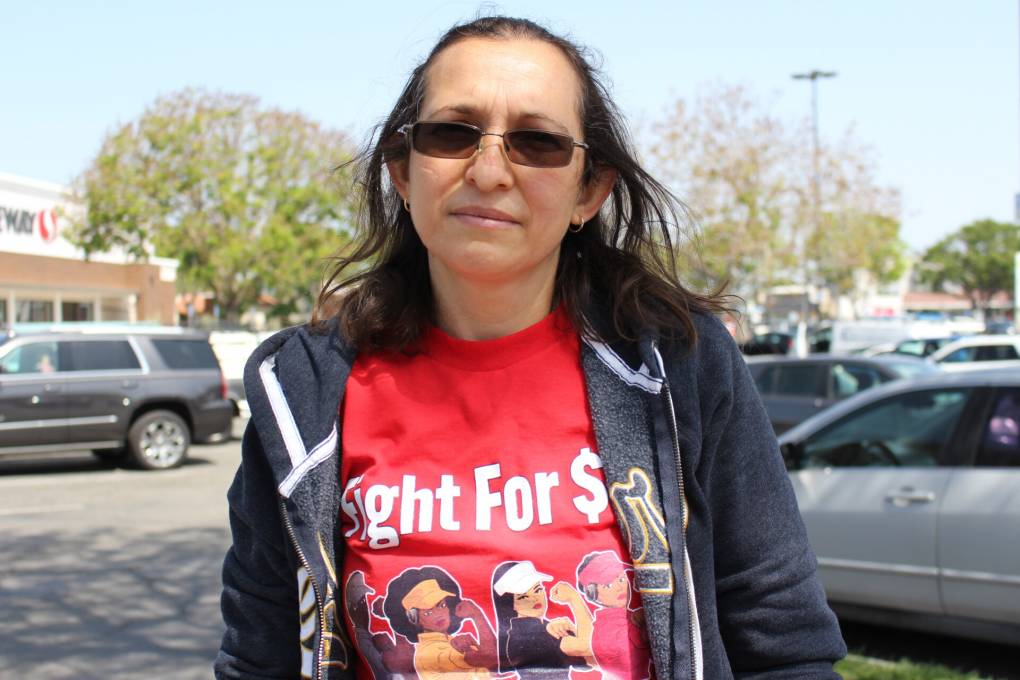“It’s innovative, it’s bringing industry and workers together at the table,” said Democratic Sen. Maria Elena Durazo, who carried the bill in the Senate. She called it a "very, very well-balanced method of addressing both the employers, the franchisees, as well as the workers.”
Almost every Republican senator spoke in opposition, including Sen. Brian Dahle, who also is the Republican nominee for governor in November.
“This is a stepping stone to unionize all these workers. At the end of the day, it’s going to drive up the cost of the products that they serve,” Dahle said. He added later, “There are no slaves that work for California businesses, period. You can quit any day you want and you can go get a job someplace else if you don’t like your employer.”
Restaurant owners and franchisers cited an analysis they commissioned by the UC Riverside Center for Economic Forecasting and Development saying that the legislation would increase consumers' costs. Gov. Gavin Newsom's administration also fears the measure would create “a fragmented regulatory and legal environment.”
The debate has drawn attention nationwide, including on Capitol Hill where Democratic U.S. Rep. Ro Khanna has expressed hope it will trigger similar efforts elsewhere.
It's “one of the most significant pieces of employment legislation passed in a generation," said Columbia Law School labor law expert Kate Andrias. She called it “a huge step forward for some of the most vulnerable workers in the country.”
The bill grew out of a union movement to boost the minimum wage and Andrias said it would “work in conjunction with traditional union organizing to give more workers a voice in their working conditions.”
International Franchise Association President and CEO Matthew Haller countered that the legislation “is a discriminatory measure aimed to target the franchise business model to bolster union ranks.”
Organizations representing Asian, Black and LGBTQ+ businesses sent a letter to senators Monday arguing that the measure would harm minority owners and workers.

